
Safeguarding Nursing Science Amid Political Retrenchment
Experts Say Nursing Ethics Can Help Researchers Confront Federal Disinvestment, Defend Science, and Advance Health Equity
News
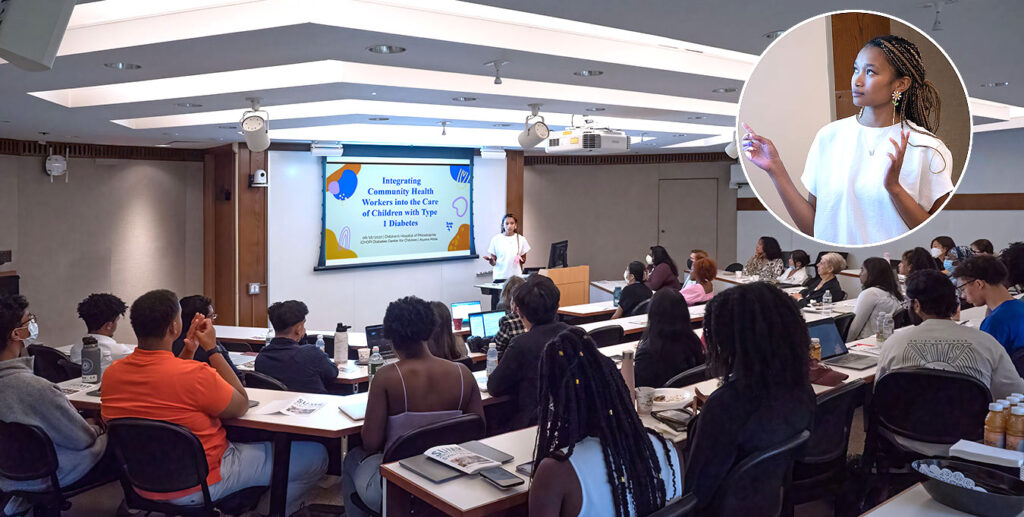
If there’s a single word that captures the spirit of the 23rd annual Summer Undergraduate Minority Research (SUMR) Program co-sponsored by Penn LDI and the Wharton School’s Health Care Management Department, it’s “superlative.” Every aspect of the three-month pipeline course that immerses students in a health services research curriculum was more than it’s ever been before: the largest class, most funding, highest number of faculty mentors and lecturers, and a record 55 scholar research presentations in the longest seminar that has ever concluded the program.
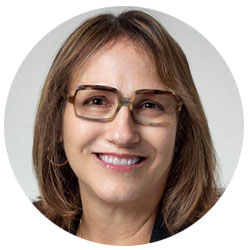
“It was truly an extraordinary experience,” said Founding SUMR Director Joanne Levy, MB, MPC. “For one thing, it was the first time in three years we were in-person again and that added a dimension of warmth and good energy to everything. But there was also something else very different going on that was connected to the Black Lives Matter/racial reckoning movement that’s been happening across the country throughout the pandemic. So many of our student applicants, mentors, lecturers, and other volunteers told us they wanted to be more personally involved in changing the face of the future of health care. The sense of racial justice mixed with academic purpose was significantly elevated.”
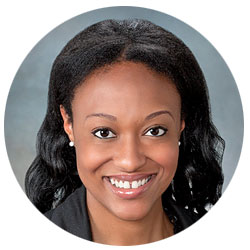
SUMR mentor and LDI Associate Fellow Rose Onyeali, MD, was one of those who felt that call: “The SUMR program is worth the effort because I don’t get to see people who look like me within many parts of the University of Pennsylvania enterprise and don’t often see young minority women getting large research grants or being placed in positions of power. More students need to be exposed to the few that are out there, and also need to be inspired so that one day when I look up I see more people like me.” Onyeali is an attending physician at Penn’s Pennsylvania Hospital and a student in the Perelman School of Medicine’s Master of Science in Health Policy Research (MSHP) program.
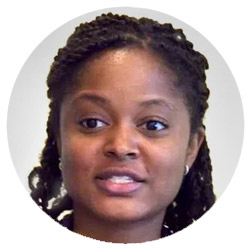
SUMR mentor and LDI Senior Fellow Alisa Stephens-Shields, PhD, an Assistant Professor of Biostatistics, Epidemiology, and Informatics at the Perelman School of Medicine, explained: “My interest in SUMR mentoring stems from my own experience as a mentee in undergraduate research programs that were essential in my determination of a career path. I can really relate to the SUMR scholars’ ‘a-ha’ moments as they master previously unknown concepts. It’s a special thing to watch those life-changing experiences happening in front of you.”
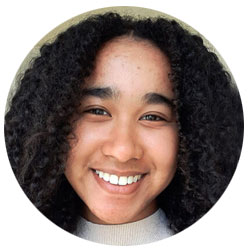
In the final days of the program, SUMR Scholar Grace Edwards, a Penn Sophomore majoring in health and societies, looked back on her experience as a mentee. “This program expanded my understanding of the opportunities available to me in a health care career path. One of the benefits was the lunch seminars where academic research professionals presented their work and personally interacted with us. It helped break down several misconceptions and made the concept of academic research more accessible to students who look like me.”
Created in 2000 as a collaboration between Penn LDI and the Wharton School’s Health Care Management Department, SUMR provides an intensive, 12-week course in health services research (HSR) for minority and other undergraduates interested in exploring academic research careers. The program now comprises three sub-cohorts: (SUMR) scholars, Get Experience in Aging Research Undergraduate Program (GEAR UP) scholars, and the Dental Summer Health Services Research Fellowship (Dental HSR) fellows.
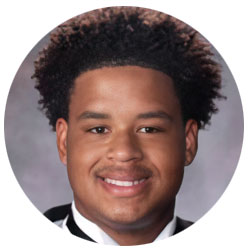
This year’s class had 38 students from 18 universities and colleges where they major in a wide range of health care related subjects from biostatistics and computer science, to public health and economics. In each instance, the students participated in the program to learn about health services research in their fields of interest as they move toward advanced studies and career decisions.
GEAR UP Scholar David Wilborn, a Junior at the University of Michigan, Ann Arbor, noted how his career view had been altered by the program. “It made me realize how tangible and actionable the products of health services research can be through advocacy, public policy changes, and institutional changes,” he said. “Applying the results of health services research can have a great effect.”
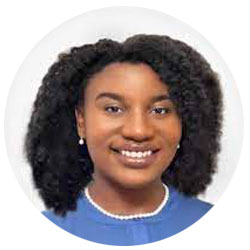
For part of each day in the program, scholars attended lectures on subjects ranging from health care economics and digital medicine, to biostatistics and health disparities. The presenters were 41 top-of-their-field faculty members from the Perelman School of Medicine, Wharton School, Penn Carey Law School, School of Nursing, School of Arts & Sciences, and Annenberg School for Communication. The program also included weekly critical writing workshops in which several groups of scholars produced white papers on health research topics.
SUMR Scholar Esofi Nunyi, a New York University senior majoring in global public health, was already on a path to medical school when she applied to SUMR earlier this year, but she wanted to understand what it meant to be a physician-scientist. “SUMR exposed me to dozens of accomplished physicians, faculty, and researchers who could answer my questions,” she said. “By the end of the program, I was able to more confidently articulate my reasons for pursuing a career as a physician-scientist.”
Along with a rigorous classroom curriculum led by some of the country’s most renowned health services research professors, the program integrates students into the daily life and work of Penn’s campus-wide community of health services researchers. Each student is paired with one or more faculty mentors in one or more real research projects. Sixty-one faculty members served as mentors in this year’s program.
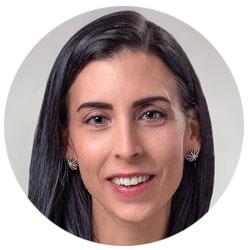
Mentoring three scholars was LDI Senior Fellow Holly Fernandez Lynch, JD, MBe, a former SUMR Scholar herself. “I do this because it’s important to encourage a wide variety of students to think about careers in bioethics, especially students from backgrounds that have been historically underrepresented in our field,” she said. “SUMR helps them recognize that they can be successful in this space. Programs like this are essential to diversifying the academic fields of health policy, public health, and bioethics.” Lynch is an Assistant Professor at both the Perelman School and the Penn Carey Law School.
Each year, the SUMR program ends with a multiple-day seminar attended by the students, parents and mentors. Each scholar presents a standard academic style report about the research project or projects they participated in during the summer. They answer questions and field critiques of their work, just as a doctorate or other advanced studies student would do when defending a dissertation.
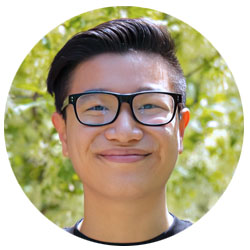
These are some examples of SUMR Scholars’ research presentation topics at this year’s closing seminar: Emergency Department Racism; Algorithm Bias Between Black and White Veterans; Addressing Transportation Barriers in Gynecologic Oncology; The Association Between Chronic Pain and Suicidality Among Medicaid-Enrolled Philadelphians; Examining Impacts of Neighborhood Greening Interventions on Neighborhood Child Maltreatment; and Gender-Affirming Care for Transgender and Gender Diverse Youth: A Review of Outcomes and Current State-Sanctioned Legislation.
The last presentation mentioned was given by SUMR Scholar Steven Chen, a Penn Junior majoring in health and societies, who thanked his mentors, LDI Senior Fellows Xavier Diao, MD, and Peter Cronholm, MD, MSCE. “They have been nothing but supportive, compassionate, and eager to share their areas of expertise that provided me with a safe and encouraging space to explore my deep interest in LGBTQ+ health disparities,” Chen said. “Their mentorship and guidance allowed me to grow academically. Being a queer Chinese American coming from a first-generation and low-income background, their work and accomplishments in the healthcare field has given me hope and security while furthering my drive to become a physician that serves marginalized populations.”
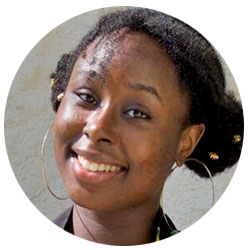
After watching her mentee — SUMR Scholar Taussia Boadi — deliver her presentation at the end of the last day of the four-day seminar, mentor and LDI Senior Fellow Yehoda Martei, MD, MSCE, reflected on her own SUMR participation.
“This was my first time mentoring in the SUMR program and it was an incredibly rewarding experience,” Martei said. “I did it because of how invaluable mentorship has been in shaping my own interest in oncology and research and how critical it continues to be for my career advancement. In my role as Vice Chief for Diversity, Inclusion and Health Equity in the Perelman Division of Hematology-Oncology, one of our main goals has been to support pipeline development programs that expose students from underrepresented minority backgrounds to a broad range of careers in academic medicine, including oncology.”
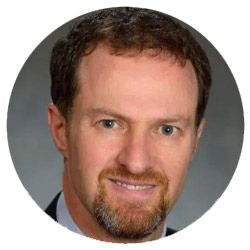
As in past years, there were some especially beneficial pairings between mentee interests and mentor expertise that enhanced the potential career impact for the mentee scholars. One involved mentor and LDI Senior Fellow Steven Joffe, MD, MPH, Chair of the Perelman School’s Department of Medical Ethics & Health Policy, who mentored GEAR UP Scholar David Wilborn, who already serves on the University of Michigan Medicine’s Bioethics Committee. Their SUMR research project analyzed the disparities in FDA approval of certain cancer drugs.
“It’s a joy to work with smart undergraduates,” Joffe explained. “Working with David jump-started a research project that was lying fallow. It would not have moved forward without him.”
Addressing the larger context of SUMR mentoring work, Joffe emphasized the importance of “getting students from across the country, and from as many diverse backgrounds as possible, to know what a special, collegial, supportive place Penn is. By introducing them to our university and to our work, we may not only inspire some of them to pursue careers related to health research, but we may actually encourage as many as possible to look at Penn as a future place to study and work.”
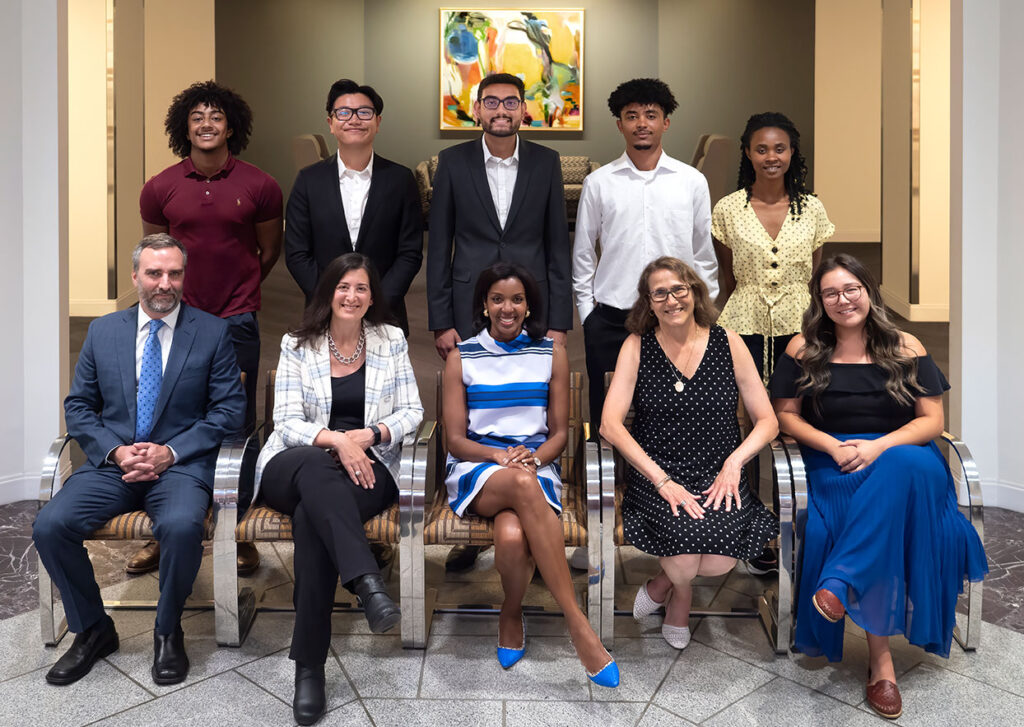
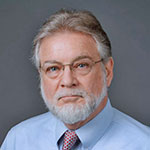

Experts Say Nursing Ethics Can Help Researchers Confront Federal Disinvestment, Defend Science, and Advance Health Equity

Study Finds Major Gaps in Cardiac Care Behind Bars
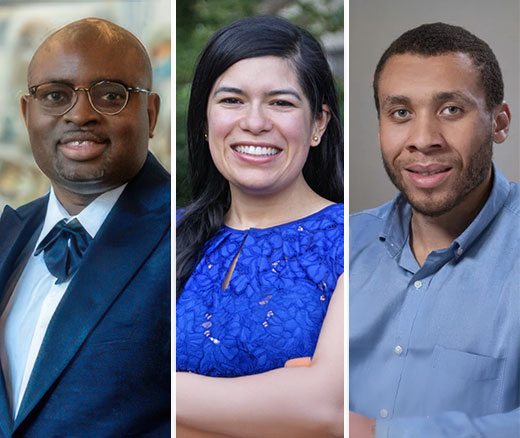
Eighth Year of Program That Recruits, Mentors and Develops Junior Faculty for Health Services Research

Chart of the Day: National Study Shows White Patients More Likely Than Black Patients to Get CT and/or Ultrasounds for Abdominal Pain in the Emergency Department

LDI Fellows Uncover Six Key Barriers and Solutions to Achieving Better Hospital Care

The Prison System Often Fails to Meet Even Basic Standards for Pre- and Post-Operative Health, Experts Say